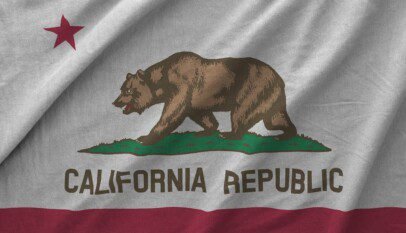
The video-sharing application application TikTok had been banned from government-issued phones in Canada. The company is responding with a lobbying push across the country. (Rick Rycroft/AP Photo)
Social media giant TikTok began lobbying provincial governments days after provinces forbid employees from having the app on their phones.
TikTok, which until recently exclusively lobbied the federal government, filed its first lobbying registrations in Alberta, British Columbia, Manitoba and Prince Edward Island in early March. TikTok started lobbying provincially shortly after each government started banning the video-sharing platform from employees’ phones.
These provincial bans followed the federal government, which banned the app after Treasury Board President Mona Fortier announced that TikTok’s data collection methods “provide considerable access to the contents of the phone” and ultimately poses an “unacceptable level of risk to privacy and security.” The U.S. U.K., European Union, New Zealand and Taiwan have also banned the app.
Governments are concerned that TikTok is sharing data with the Chinese government. TikTok did not respond to the IJF’s request for comment but has repeatedly denied that it gives data to Beijing.
Following the federal ban, TikTok told the BBC on Feb. 28 the government hadn’t reached out but that: “We are always available to meet with our government officials to discuss how we protect the privacy and security of Canadians, but singling out TikTok in this way does nothing to achieve that shared goal.”
Despite the federal, Alberta and British Columbia governments saying the bans were precautionary, all three had already announced their participation in a joint federal-provincial investigation of the social media giant.
TikTok’s last disclosed meeting with a federal official was March 8. The same day, the company filed its first provincial registration, in Alberta.
“TikTok is probably taking the conversation they’ve had federally about supporting the creator economy and seeking to educate provincial officials,” said Vass Bednar, executive director of the Master of Public Policy program at McMaster University
In its provincial lobbying registrations, TikTok uses nearly-identical language to its federal registration, where the company says it wants government policies that “ “foster the creation, discoverability, and exportability of Canadian cultural content online.” The registrations also say the company is interested in supporting Indigenous and French-language content creators.
“TikTok is trying…
Read The Full Article at The Investigative Journalism Foundation
The Privacy Paradox: Why Organizations Are Betting Big on Data Protection in the AI Era
Our analysis of Cisco’s 2025 Data Privacy Benchmark Study revealing the complex interplay …















